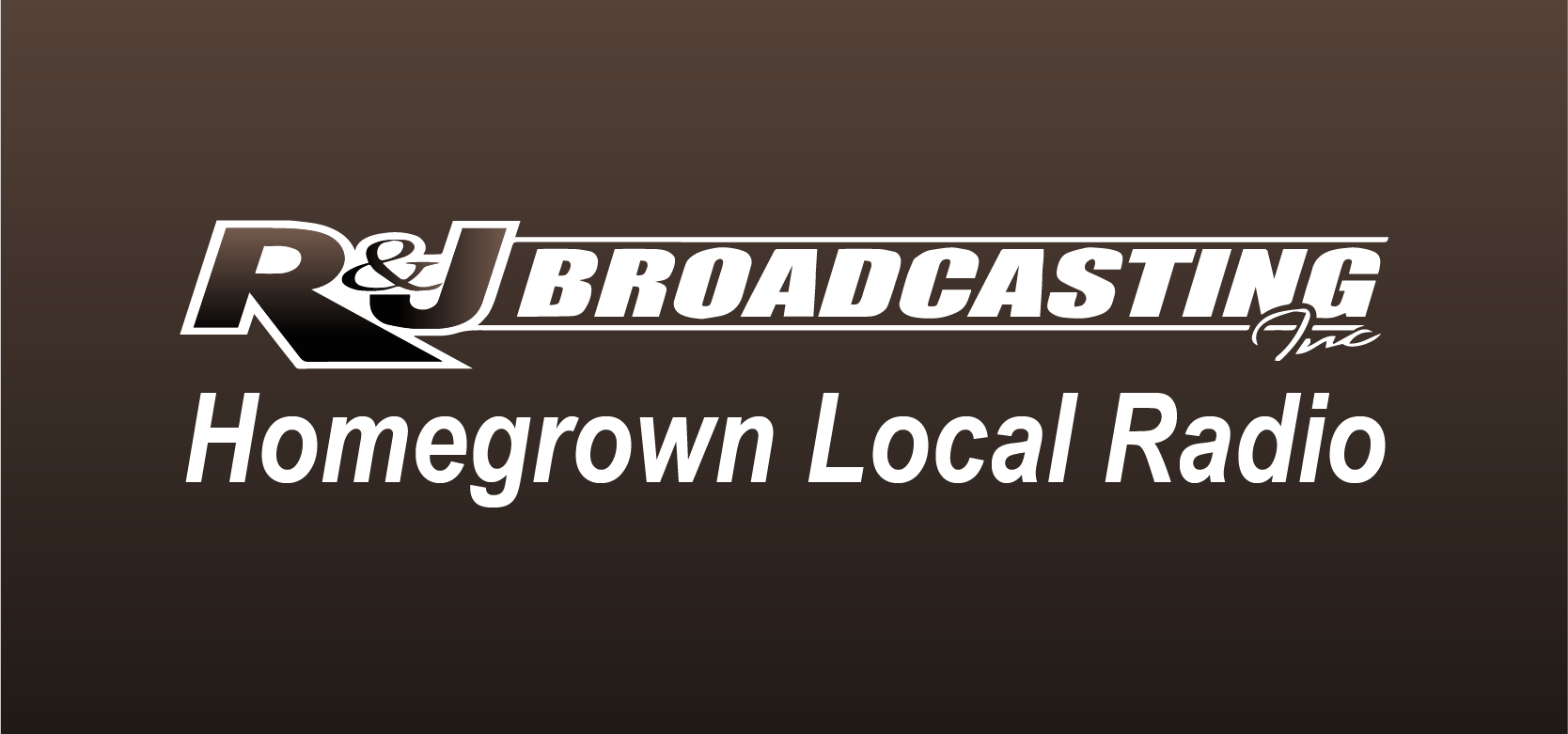Grants to improve choices for people with disabilities
Innovations that improve options for people with disabilities will go forward over the next two years across Minnesota, funded by a new round of state grants.
Ten service providers will share approximately $2.9 million to support people with disabilities to live and engage with others in their communities and access better employment opportunities.
The grants are part of the Minnesota Department of Human Services’ innovation grant program for people with disabilities. Goals of the grants include achieving integrated, competitive employment and living in the most integrated setting.
“These providers are finding new ways to support full and connected lives for Minnesotans with disabilities,” Commissioner Jodi Harpstead said. “The grants recognize efforts to strengthen the direct care workforce and improve access to culturally and linguistically responsive services.”
Grantees are below:
- Korean Service Center – Seniors Better Connected, serving Duluth, St. Cloud, Mankato and Rochester, $202,000. Increasing the use of Korean language mobile video conference apps, and providing live support will help address social isolation due to language barriers among Korean older adults. The Korean Service Center also works to reduce barriers and increase access to community resources, including mental health resources.
- Touchstone Mental Health – Housing Innovations program, serving Hennepin County, $257,000. People living with a mental illness who have experienced homelessness will receive help securing integrated housing of their choice. During the grant period, on-site services will offer help navigating the process for accessing integrated community supports.
- Autism Society of Minnesota – Somali Autism Partnership, serving the Twin Cities, Rochester and St. Cloud, $386,000. The Autism Society of Minnesota and the Somali Parents Autism Network will work together to reach Somali parents of children and young adults who have autism, offering culturally sensitive education and advocacy.
- Residential Services of Northeastern MN, Inc. – Employee Resource Project, serving St. Louis, Carlton, Pine, Kanabec, Mille Lacs, Isanti and Chisago counties, $207,000. A new employee resource program will connect direct care employees with resources to address their needs. An employee resource specialist will develop and implement the program. The goal is to decrease turnover and improve employee satisfaction by helping employees address areas of instability in their lives that may interfere with work.
- Minnesota First Community Solutions – Workforce Solutions, statewide, $358,000. Direct support workers will receive more training and other resources to improve their job satisfaction, with a focus on Hmong, Native American and Somali workers. Activities will include peer mentoring, culturally specific training, tools that let the people receiving services exercise oversight of their services, and a direct service worker retention program.
- ARRM – Technology Training, statewide, $305,000. A coordinated training program will help people with disabilities and their families use supportive and assistive technology to support their health care, social and employment goals. Training will be available for the people using the services, their families, vendors, case managers and providers.
- Dakota County – Wheelchair Accessible Van (WAV) Driver Recruitment, serving Dakota County and the Twin Cities metro area, $134,000. The project will offer incentives for Twin Cities wheelchair-accessible van drivers to drive for Lyft, providing rides and offering an equitable on-demand transport option for people using mobility devices.
- Autism Society of Minnesota – Towards Inclusion, serving the Twin Cities, $214,000. The Autism Society of Minnesota and the Multicultural Autism Action Network will work together to continue providing culturally appropriate support, empowerment and training to families of children with disabilities through peer-to-peer networks. They will also continue working with providers on the unique challenges serving individuals with disabilities and their families in multicultural communities, while working with autistic adults act as their own advocates to address views of disability in multicultural communities.
- Rise Inc. – Supported Decision-Making, statewide, $207,000. The Deaf-Centered Supported Decision-Making and Self-Advocacy Program will help participants move toward competitive, integrated employment. Participants and their guardians will work with planning specialists in an experiential, person-centered process to develop employment goals, identify obstacles and create plans.
- The Arc Minnesota – Individualized Grant Program, statewide, $600,000. Individualized grants will offer $100 to $2,000 for people with disabilities across Minnesota to move toward personal employment and inclusive housing goals. The Arc will expand outreach and engagement of diverse populations, with a focus on individuals whose intersecting identities create additional barriers to employment and inclusive housing of their own.
DHS distributes innovation grants in three groupings:
- The current grants are part of the large grant program, which awards grants of up to $500,000.
- The small grant program awards $5,000 to $50,000 a year to people and organizations working with Minnesotans with disabilities.
- The micro-grant program, administered by The Arc Minnesota, offers direct individualized grants to help people with disabilities achieve personal goals in employment, housing and community integration.
For more about innovation grants, visit https://mn.gov/dhs/partners-and-providers/grants-rfps/disability-innovation-grants/ or email DSD.Innovation@state.mn.us.
disabilities Minnesota Department of Human Services state grants

